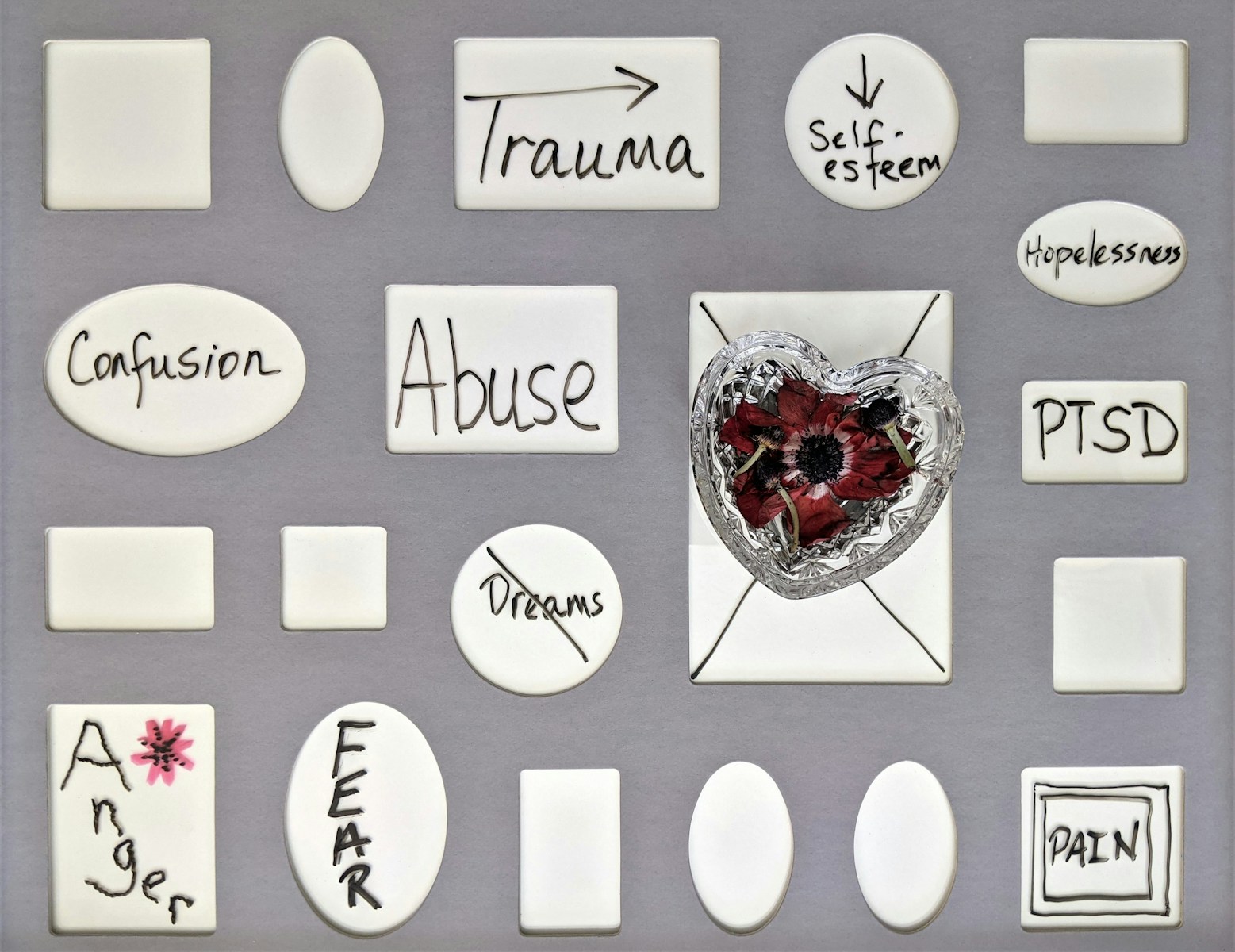Among the myriad of struggles individuals face, mental health challenges often remain hidden and stigmatized.
Yet, within the shadows of these difficulties, lie stories of resilience and triumph. These personal narratives serve as beacons of hope, illuminating the path towards healing and empowerment.
Through the courageous accounts of those who have navigated the intricate terrain of mental health challenges, we witness the unwavering strength of the human spirit. These stories not only shed light on the depth of the struggles faced but also showcase the remarkable resilience that allows individuals to rise above their adversities. In sharing their journeys, these individuals amplify the importance of seeking help, fostering understanding, and fostering a community of support and compassion.
The importance of sharing personal experiences
Sharing personal experiences related to mental health challenges can have a profound impact on both the individual sharing their story and those who are listening. When someone opens up about their struggles, it not only provides them with a sense of liberation but also creates a space for others to feel understood and less alone in their own struggles. This act of vulnerability fosters a deeper connection and helps break down the walls of isolation that often accompany mental health challenges.
Furthermore, sharing personal experiences can serve as a source of inspiration and hope for individuals who may be going through similar difficulties. By hearing stories of resilience and recovery, individuals can see that there is light at the end of the tunnel and that it is possible to overcome even the most daunting of mental health challenges. This sense of hope and empowerment can be a driving force for those who are struggling, motivating them to seek help and take steps towards their own healing journey.
Building a supportive community
Creating a supportive community is vital in the journey towards mental health recovery. Individuals facing mental health challenges often feel isolated and misunderstood, but having a network of understanding and empathetic individuals can make a significant difference. Through shared experiences and open conversations, a supportive community can provide a safe space for individuals to express their feelings without fear of judgment.
Building a supportive community involves fostering a culture of acceptance and compassion. When individuals feel valued and supported, they are more likely to seek help and engage in their recovery journey. By coming together to offer encouragement, guidance, and practical assistance, a community can empower individuals to navigate their mental health challenges with strength and resilience.
Recognizing the strength in vulnerability
Vulnerability is often seen as a weakness in our society, something to be avoided and hidden at all costs. However, recognizing the strength that lies in opening up, being authentic, and allowing oneself to be vulnerable can be incredibly empowering. It takes courage to show our true selves, flaws and all, and to share our struggles with others, but in doing so, we can forge deeper connections and build a supportive community around us.
When we allow ourselves to be vulnerable, we demonstrate authenticity and courage. It is through our vulnerabilities that we can truly connect with others on a deeper level, fostering empathy and understanding. By acknowledging our vulnerabilities and sharing them with others, we create space for genuine relationships to form, free from judgment and pretense. Embracing vulnerability not only strengthens our connections with others but also allows us to tap into our inner resilience and grow from our experiences.
Challenging stereotypes and misconceptions
Society often perpetuates stereotypes and misconceptions surrounding mental health, creating barriers for individuals seeking support and understanding. These harmful beliefs can lead to stigma and discrimination, further isolating those already struggling with their mental well-being. By challenging these ingrained notions and promoting accurate information, we can create a more inclusive and empathetic environment for everyone.
It is crucial to educate ourselves and others on the complexities of mental health, debunking myths and fostering a deeper understanding of the diverse experiences that individuals may face. By shedding light on the realities of mental health conditions and showcasing the resilience and strength of those who live with them, we can break down stereotypes and cultivate a culture of acceptance and support.

Empowering individuals to seek help
It is crucial for individuals facing mental health challenges to recognize the importance of seeking help. Many people struggle alone, unaware of the resources and support available to them. Taking the step to reach out for assistance can be daunting, but it is a powerful act of self-care and courage. By seeking help, individuals can gain access to the necessary tools and support to navigate their struggles and work towards healing and recovery.
By seeking help, individuals are taking control of their well-being and actively working towards improving their mental health. It is not a sign of weakness to ask for help, but rather a sign of strength and self-awareness. Professional help, whether in the form of therapy, medication, or support groups, can provide valuable insights, coping strategies, and personalized treatment plans to address mental health issues effectively. Empowering individuals to seek help is a vital step in the journey towards healing and resilience.
Highlighting the role of resilience in recovery
Resilience plays a crucial role in the journey of recovery from mental health challenges. It is the ability to bounce back from difficult experiences, to adapt and grow stronger despite setbacks. People who exhibit resilience are better equipped to face obstacles, manage stress, and navigate the ups and downs of mental health struggles. They demonstrate a sense of determination, perseverance, and inner strength that propels them forward on the path to healing.
In the face of adversity, resilient individuals tap into their inner resources, such as positive coping strategies, social support networks, and a sense of purpose. They cultivate a mindset that focuses on problem-solving, learning from setbacks, and building resilience for future challenges. By harnessing their resilience, individuals not only weather the storms of mental illness but also emerge from them with a greater sense of self-awareness, empathy, and compassion for themselves and others.
Encouraging open conversations about mental health
Encouraging open conversations about mental health is crucial in breaking down stigma and fostering understanding within communities. By sharing our experiences and struggles, we create a safe space for others to open up about their own mental health challenges. It is through these conversations that we can offer support, empathy, and guidance to those in need.
Moreover, open discussions about mental health help to normalize seeking help and receiving treatment. When individuals feel comfortable sharing their stories, they are more likely to reach out for professional support and resources. By promoting a culture of openness and acceptance, we can create a society where mental health is valued and prioritized.
Promoting self-care and self-compassion
Promoting self-care involves prioritizing your mental, emotional, and physical well-being. Taking time for yourself and engaging in activities that bring you joy and relaxation can significantly impact your overall health. This can include anything from practicing mindfulness and meditation to going for a walk in nature or simply enjoying a hot bath after a long day. Remember, self-care is not a luxury, but a necessity for maintaining balance and resilience in the face of life’s challenges.
Self-compassion is a vital aspect of promoting self-care. It involves treating yourself with kindness, understanding, and acceptance, especially during difficult times. Rather than being self-critical or judgmental, practicing self-compassion means acknowledging your struggles with a sense of gentleness and empathy. By cultivating self-compassion, you can build a stronger inner foundation that helps you navigate through the ups and downs of life with greater ease and grace.
Inspiring hope for those struggling with mental health issues
Mental health struggles can often feel isolating and overwhelming, but it’s important to remember that you are not alone in your journey. Many individuals have faced similar challenges and have come out stronger on the other side. By sharing personal experiences and embracing vulnerability, we can build a supportive community that uplifts and empowers each other.
Recovery is not a linear process, and setbacks are a natural part of the journey. It’s essential to recognize the role of resilience in overcoming mental health challenges. By reaching out for help, engaging in open conversations about mental health, and practicing self-care and self-compassion, individuals can navigate their struggles with hope and determination. Remember, healing is possible, and brighter days lie ahead.



